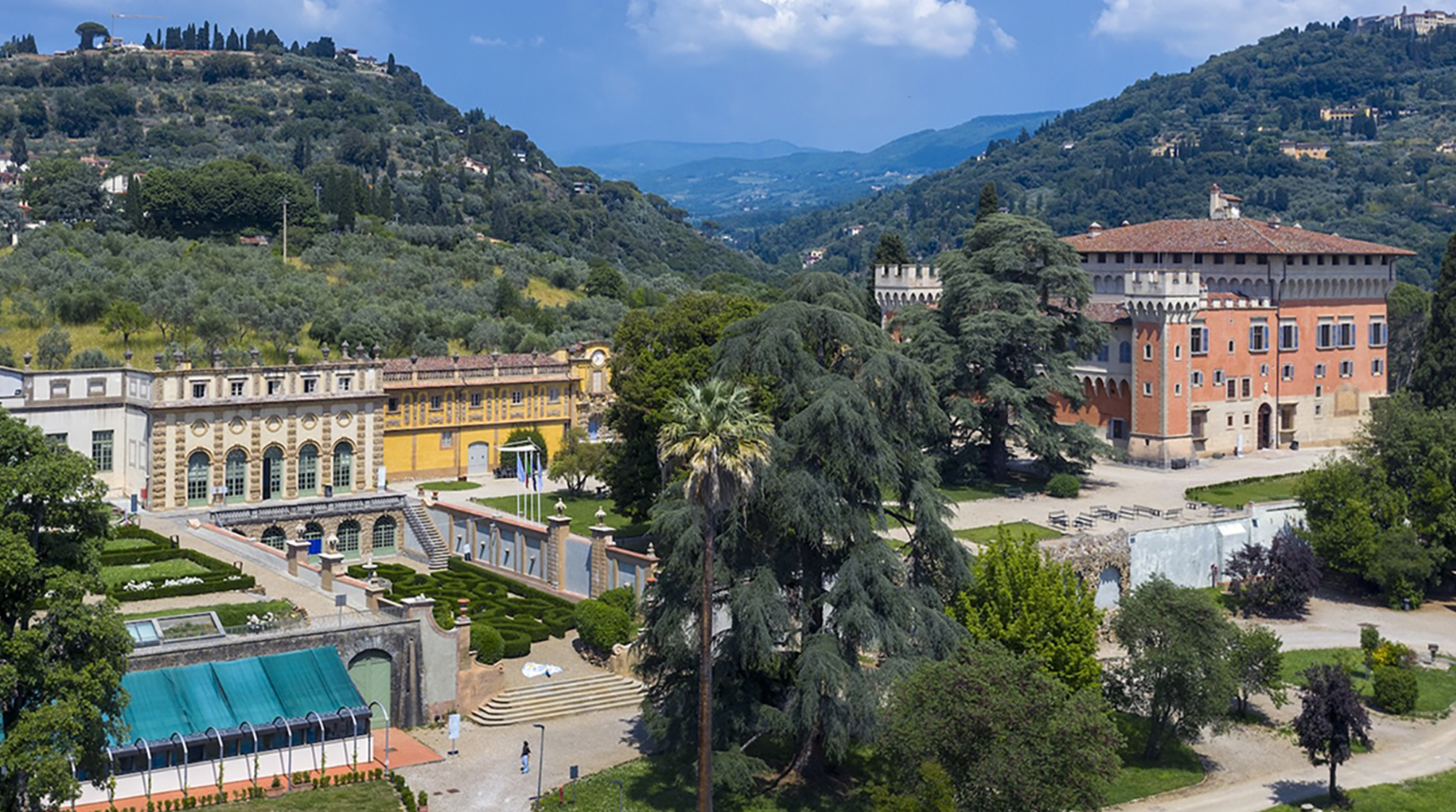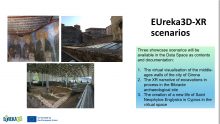The congress theme of the 5th edition of the European Congress of Qualitative Inquiry is
“Qualitative Inquiry in the online technological realm“.
Organized by KU Leuven, this edition was a virtual event with a large programme of keynotes, presentations, workshops and posters. The event made use of an interactive enviroment based on MIRO Boards.
Main board: VIEW HERE
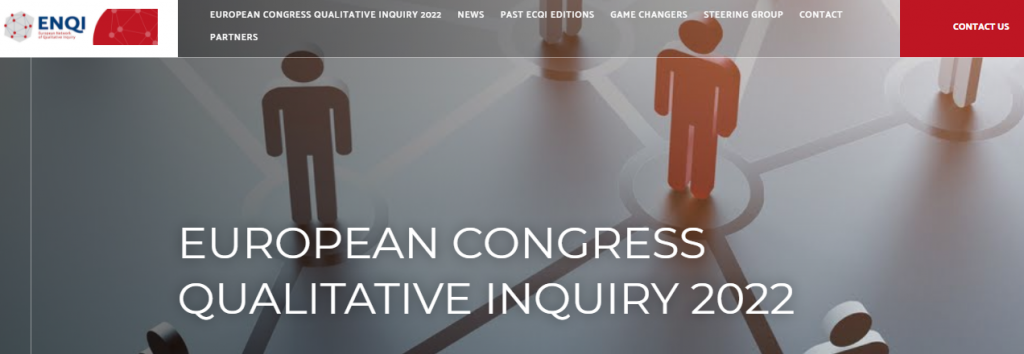
Concept:
We live in a societal realm where robotics and artificial intelligence are strongly reshaping our futures. The boundaries between (wo)mankind and machine have increasingly become blurred. Our phones are an extension of our hand, our computers have become the gatekeepers to significant others. Robots we are not, perhaps not yet. Desires, expectations and visions differ. Where would a detailed cartography of the individual and social impact of becoming machine, partly already being machine, or living in symbiosis with machines lead us? How do we imagine a future with, without or as part of the materiality that currently surrounds us? How do the implicit world views as presented in fiction, fantasy and progressive research shape our future image?
Our societal and academic reality is rapidly changing, facing a multitude of challenges. The scholarly community needs to think through the multiple challenges this rapid change will bring. Technological progress creates new possibilities. Alternatively, it might perhaps pose a danger to liberal democracy or reinstall undesirable exclusion mechanisms.
The ECQI 2022 shared stories about how humans materialize differently as a result of the discursive-material socio-technical realities they are part of.




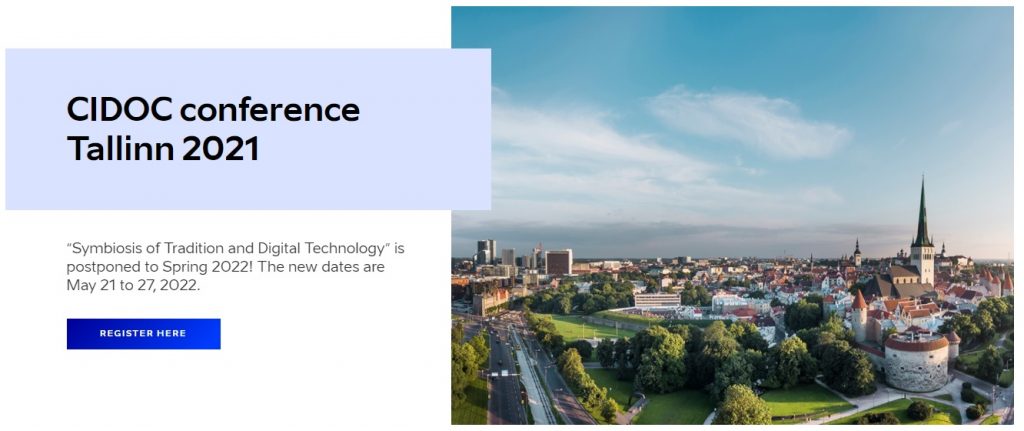

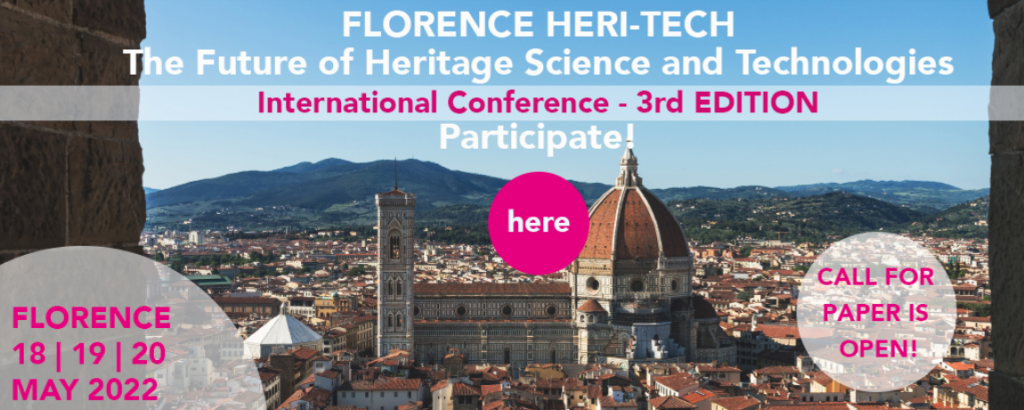

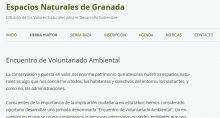
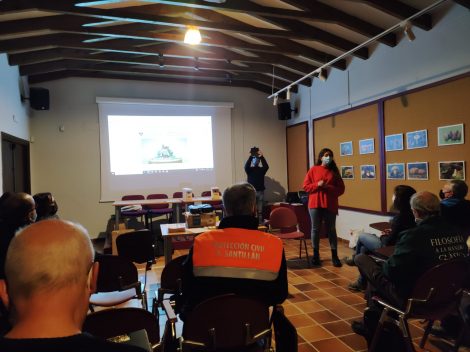
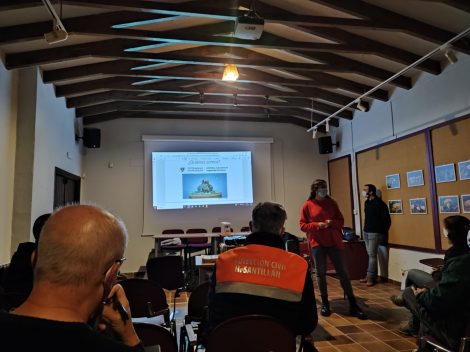
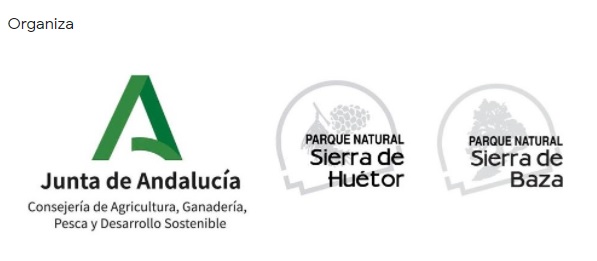
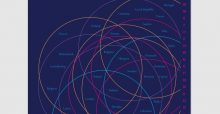
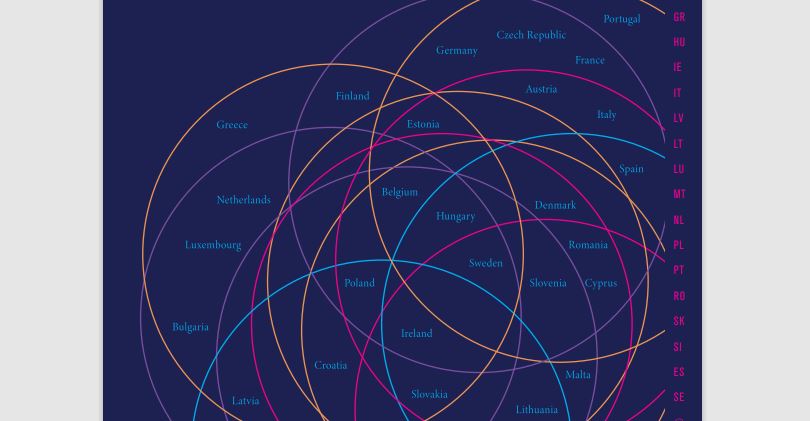 A new document was recently published by
A new document was recently published by 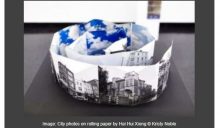
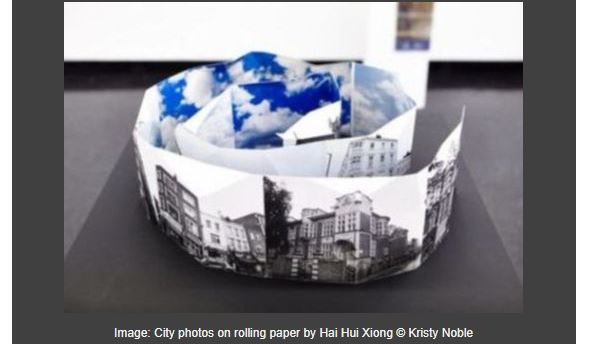 Today December 14, 2021 the event organized by
Today December 14, 2021 the event organized by 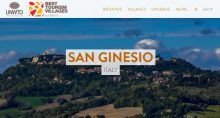
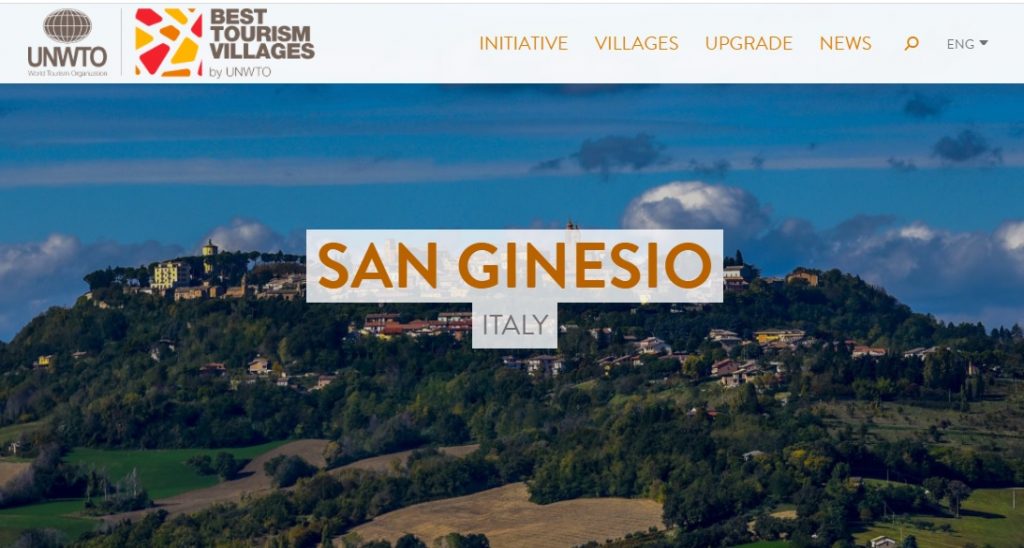
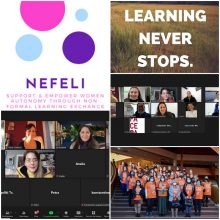
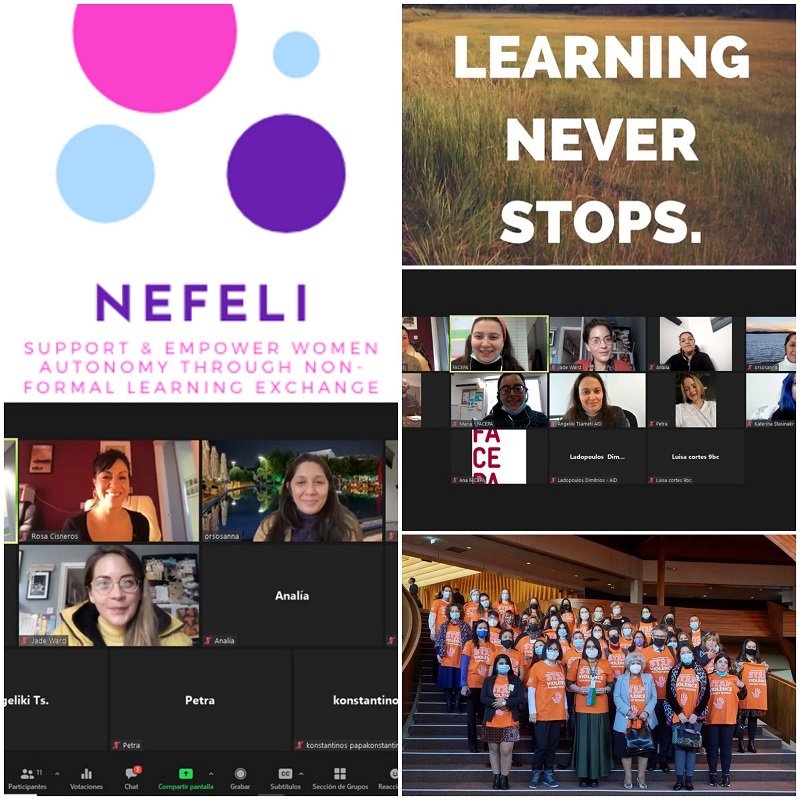
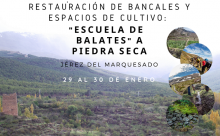
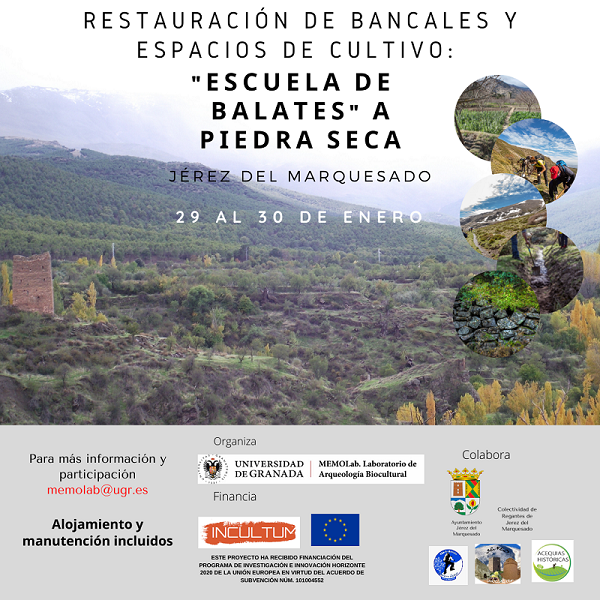
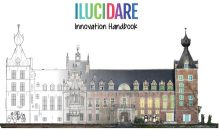
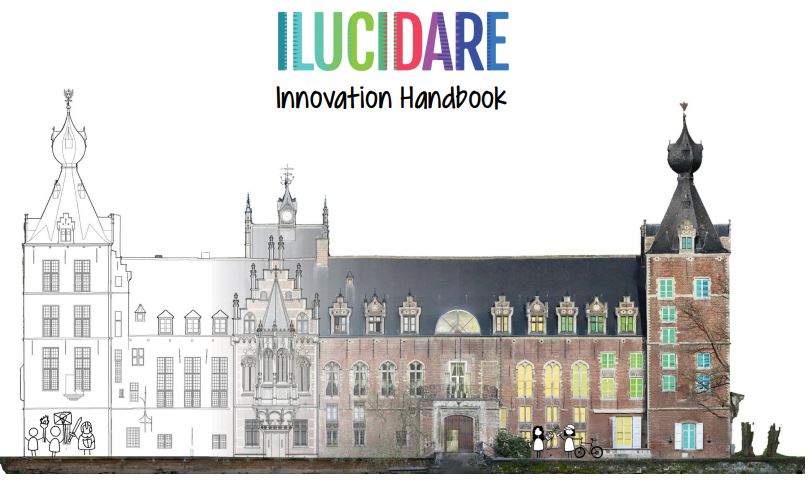
 If you have interesting news and events to point out in the field of digital cultural heritage, we are waiting for your contribution.
If you have interesting news and events to point out in the field of digital cultural heritage, we are waiting for your contribution.





